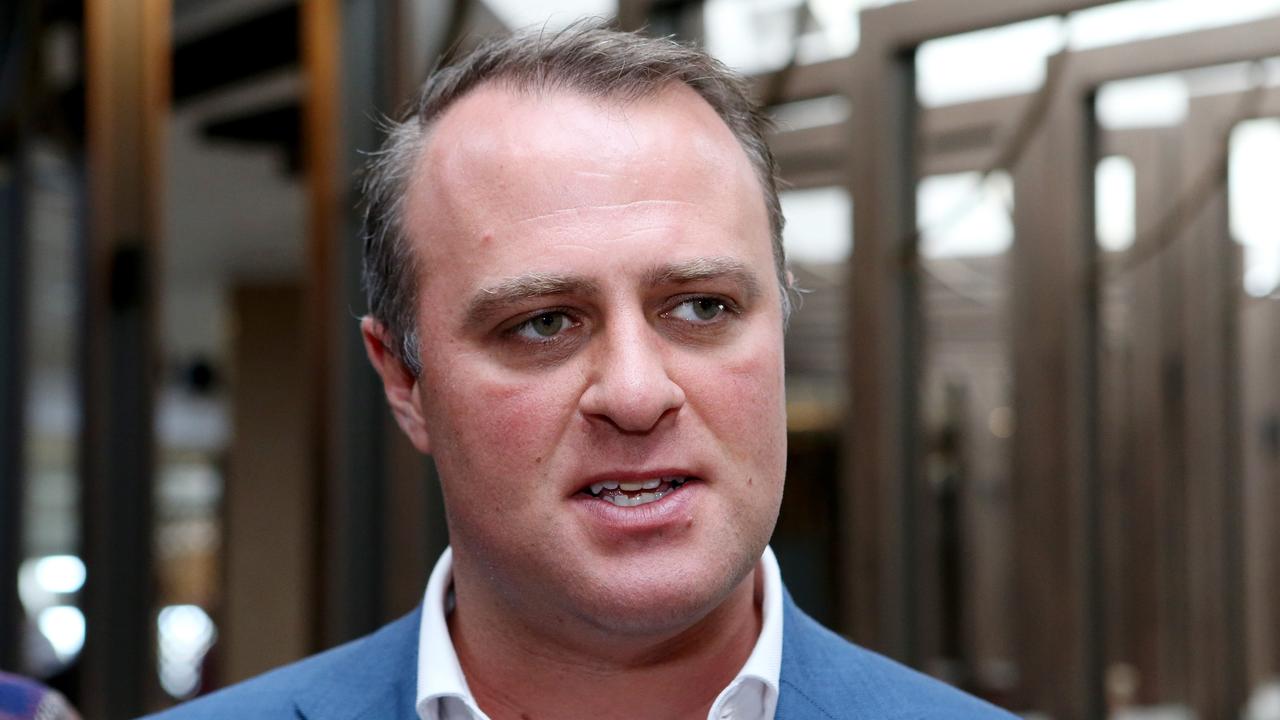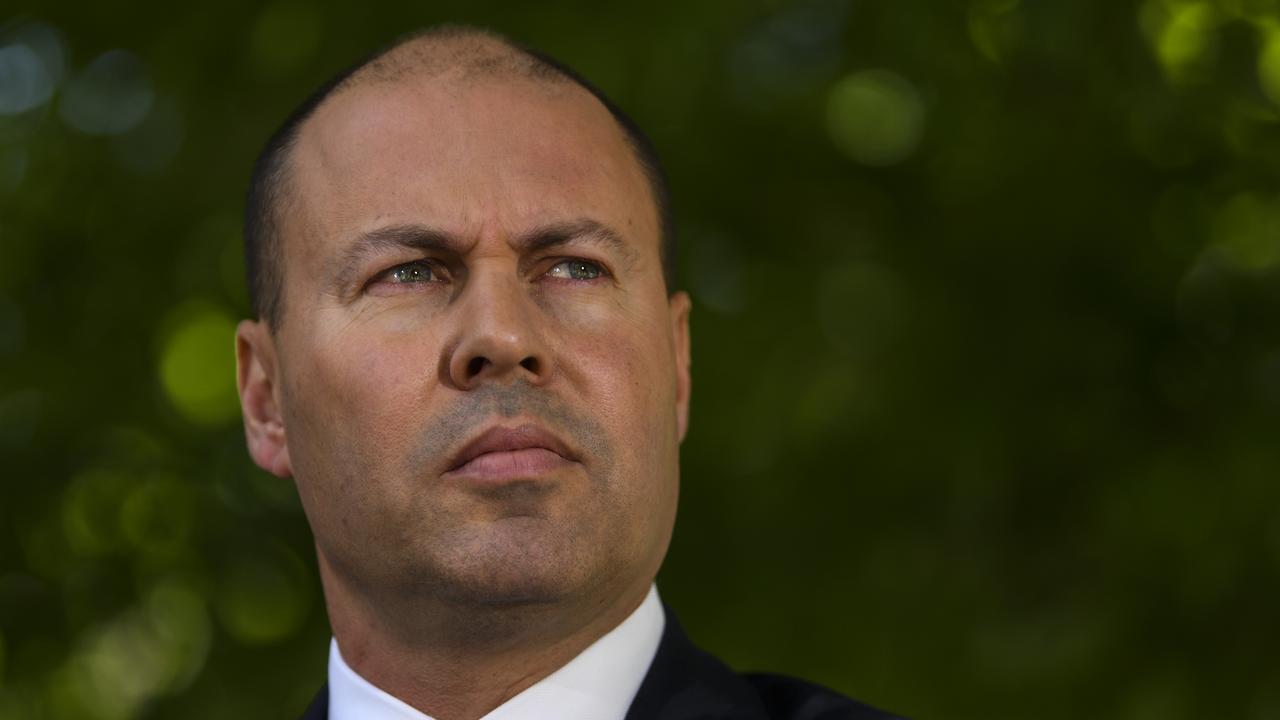Banking inquiry could spark credit crunch: Treasury secretary
Declaring the banking royal commission ‘troubling’, Treasury secretary John Fraser has warned of a possible credit crunch.

Declaring the royal commission into financial services “troubling and very sad”, Treasury secretary John Fraser yesterday warned of a possible credit crunch, as Finance Minister Mathias Cormann batted away claims the government had politicised Treasury by costing Labor policies.
Mr Fraser, appearing before a Senate committee, urged banks to undertake a “proper review of their lending standards”, dismissing arguments that higher standards were incompatible with competitive banking.
“I’ve never seen conflict between proper behaviour and long-term profit,” he said.
In his opening remarks to the Senate economics committee, he said it was “early days yet to make an informed judgment”, but added: “There is a risk that there is an unanticipated tightening in financial conditions through reactions to the royal commission.”
Mr Fraser spoke as the royal commission in Melbourne, focusing on small business lending, examined lending standards at Bankwest and the Commonwealth Bank.
“Sitting in a pub in the country you hear these stories … It seems as though there is significant substance to many of the allegations,” Mr Fraser said. “It’s counterintuitive not to think there will be some review of standards that may result in some loans that would have been made not being made.”
He was otherwise upbeat about the economy, revealing his “comfort” from recent discussions in London and Paris with rating agencies S&P and Fitch that the government would keep its AAA credit rating.
“We continue to borrow very well,” he said. “Our 10-year bond is getting good coverage in the market. Recently there was a point where our bonds were more valuable than US bonds.
“Our fiscal position is the greatest defence we’ve got for inevitable headwinds.”
In the same hearing, Treasury rejected Labor demands to release year-by-year costings of the government’s plan to cut income tax, worth $144 billion over a decade.
“I can’t recall Labor releasing a year-on-year breakdown for the National Disability Insurance Scheme,” Senator Cormann said, referring to Labor legislation passed before 2013. He also rejected demands to provide new estimates of the cost of cutting company tax over 10 years.
“The proposition the government should provide a new update is completely inconsistent with appropriate normal practice,” he said. He took particular umbrage at Labor claims the government had politicised Treasury by releasing its costings of Labor plans to curb negative gearing and increase capital gains tax.
“Are you suggesting we enact policies without knowing their impacts on the economy?” he asked, noting the previous Labor government had asked Treasury to cost Coalition policies.
Mr Fraser added: “I go back to the 1970s and 80s and the practices we follow are pretty much in line with then. We consider a welter of policies. We cost what we’re asked to do.”
Mr Fraser also said Australia was set to have one of the highest corporate tax rates among advanced economies.
“Of the 35 OECD members, only Portugal and France have a higher corporate tax rate than Australia — and the French have already legislated to cut their rates (from 33 per cent to 25 per cent) below Australia’s over the next few years,” he said.




To join the conversation, please log in. Don't have an account? Register
Join the conversation, you are commenting as Logout